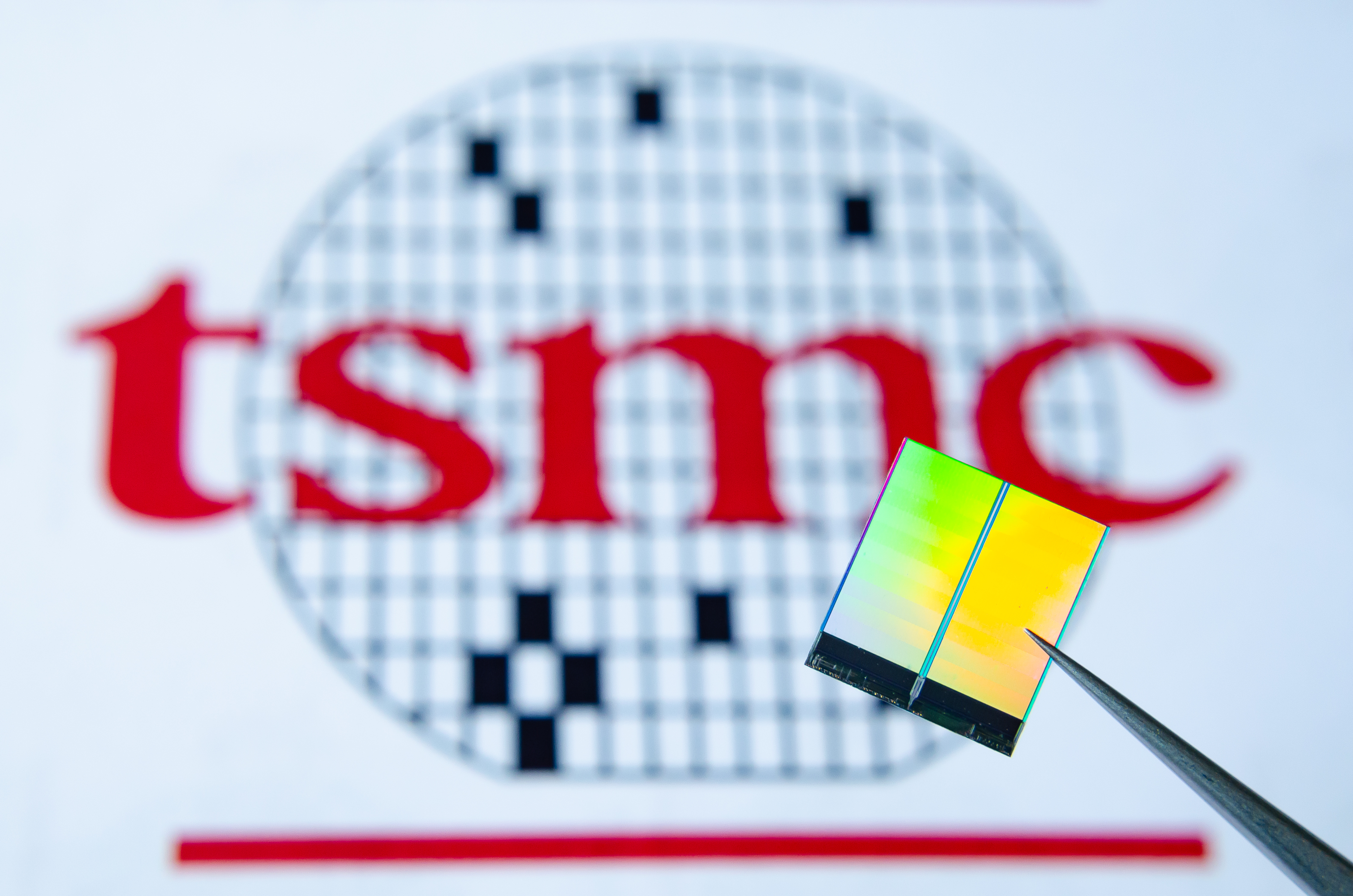TSMC founder brands Intel’s US expansion plans an ‘exercise in futility’
The US doesn’t have the fabrication talent pool to successfully grow its chipmaking capabilities, Morris Chang suggests


Sign up today and you will receive a free copy of our Future Focus 2025 report - the leading guidance on AI, cybersecurity and other IT challenges as per 700+ senior executives
You are now subscribed
Your newsletter sign-up was successful
The US' ambition to grow its own semiconductor manufacturing capabilities are "a wasteful, expensive exercise in futility", according to the founder and former CEO of Taiwanese chip manufacturer TSMC, Morris Chang.
Chang, a prominent figure in the semiconductor space, expressed the criticism as a guest at an event held by the Brookings Institution think tank.
He said the US simply doesn't have the fabrication talent pool to successfully expand its chipmaking industry, while the cost of producing chips in the country is 50% higher than in Taiwan.
Chang added that Taiwan’s large population was a key component in TSMC’s manufacturing success, with the firm able to leverage a large talent pool to become a “pure play” chip foundry. By contrast, the US has seen professionals move away from manufacturing – a change that has instead seen the county build up a design talent pool that is "the best in the world".
Intel has made no secret of the fact it's championing an expansion of chip manufacturing in the country, leading this drive to ramp up foundry capabilities with significant investment in recent months.
To grow a successful chip manufacturing industry, however, Chang suggested the US will need to solve its fabrication talent shortages, as well as find a way to work around the significantly larger costs.
The Biden administration has recently pledged billions of dollars in subsidies to boost the US industry – but Chang says this will not be sufficient.
Sign up today and you will receive a free copy of our Future Focus 2025 report - the leading guidance on AI, cybersecurity and other IT challenges as per 700+ senior executives
"Right now, you're talking about spending only tens of billions of dollars of money of subsidy,” he said at the event. “Well, it's not going to be enough. I think it will be a very expensive exercise in futility".
The comments come as appetite continues to grow among US businesses to simplify and protect their supply chains from global the kind of global interruptions it has experienced in recent years.
To highlight this, a significant amount of the government’s subsidy fund will go towards Intel’s $20 billion new chip manufacturing site in Ohio. The chip giant is investing in its US chipmaking capabilities to help prevent an over-reliance on manufacturers in the APAC region and any potential future component shortages.
RELATED RESOURCE

The firm has also revealed plans to invest a further $3 billion into an extension for its D1X factory in Oregon, designed to facilitate chip advancements for the likes of computers, 5G networks, and cloud servers.
With such efforts to build up an improved US industry, Chang said that production will see an uptick, but was steadfast in his warning that businesses such as Intel may find it tough to staff and fund such ambitions.
"There will be a high per-unit cost increase, and it will be hard for the US to compete internationally," he added.
Chang did, however, note that any potential war between China and Taiwan would change the state of play, making these plans suddenly look like a positive and worthwhile investment. If that doesn’t happen, the efforts could prove futile, he said.
Dan is a freelance writer and regular contributor to ChannelPro, covering the latest news stories across the IT, technology, and channel landscapes. Topics regularly cover cloud technologies, cyber security, software and operating system guides, and the latest mergers and acquisitions.
A journalism graduate from Leeds Beckett University, he combines a passion for the written word with a keen interest in the latest technology and its influence in an increasingly connected world.
He started writing for ChannelPro back in 2016, focusing on a mixture of news and technology guides, before becoming a regular contributor to ITPro. Elsewhere, he has previously written news and features across a range of other topics, including sport, music, and general news.
-
 ITPro Best of Show NAB 2026 awards now open for entries
ITPro Best of Show NAB 2026 awards now open for entriesThe awards are a fantastic opportunity for companies to stand out at one of the industry's most attended shows
-
 Mistral CEO Arthur Mensch thinks 50% of SaaS solutions could be supplanted by AI
Mistral CEO Arthur Mensch thinks 50% of SaaS solutions could be supplanted by AINews Mensch’s comments come amidst rising concerns about the impact of AI on traditional software
